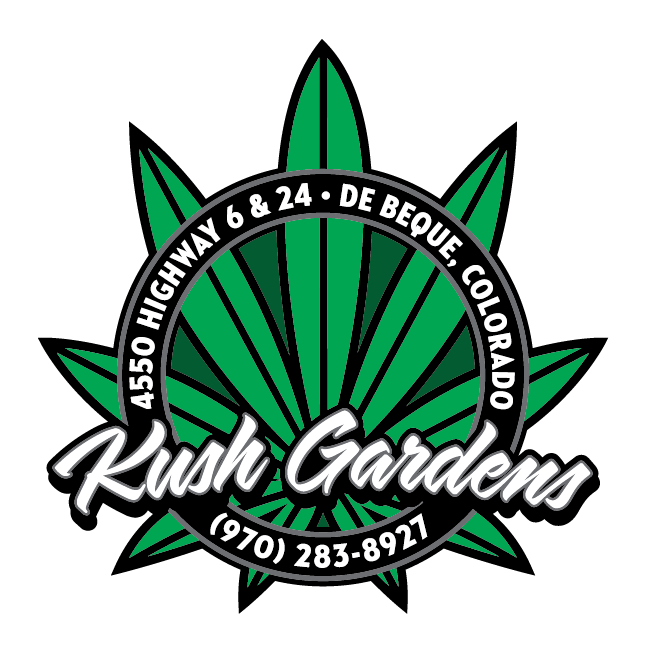People Who Use Cannabis For Sleep Ditch Other Sleep Aids
cannabis for sleep, insomnia, sleep, THC
A new study from the University of Washington has found that most people who report using cannabis for sleep said they get a good night’s rest, leading them to stop taking over-the-counter or prescription sleep aids.
The study involved a survey of 1,255 cannabis users. More than 80% of those surveyed said they no longer use products such as melatonin and benzodiazepines once they started using cannabis for sleep. They also voiced a strong preference for inhaling high-THC cannabis through either a joint or a vape.
The study also found that about 50% of the cannabis users reported using cannabis strains containing CBD and the terpene myrcene, an aromatic plant compound found in hops, basil and other plants in addition to cannabis.
“One of the findings that surprised me was the fact that people are seeking the terpene myrcene in cannabis to assist with sleep,” Carrie Cuttler, senior author of the study and associate professor of psychology at WSU, said in a press release. “There is some evidence in the scientific literature to support that myrcene may help to promote sleep, so cannabis users seemed to have figured that out on their own.”
Cannabis Users Report Feeling Refreshed in the Morning
The study, published in the journal Exploration of Medicine, involved analysis of self-reported data from people on their use of cannabis and other sleep aids, as well as the effects of the different products.
Cannabis users reported a range of outcomes and side effects. The most common impact of cannabis was to leave users feeling refreshed, focused and better able to function in the morning. They also reported experiencing fewer headaches and less nausea compared to when they used traditional sleep aids.
Some cannabis users also reported feeling sleepier, as well as more anxious and irritable in the morning after using cannabis compared to other sleep aids. They were also more likely to report experiencing dry mouth and red eyes after using cannabis.
However, Cuttler said in the news release, “In general, the use of cannabis for sleep-related issues was perceived as more advantageous than over-the-counter medications or prescription sleep aids. Unlike long-acting sedatives and alcohol, cannabis was not associated with a ‘hangover’ effect, although individuals reported some lingering effects such as sleepiness and changes in mood.”
Findings Reflect Results of Past Studies
The study’s findings reflect past studies about the use of cannabis for sleep. For example, a recent study found that cannabis helped cancer patients sleep better. The study also found that cancer patients who use cannabis experienced improvements in pain intensity, pain interference, and subjective cognitive function.
Other studies have found that CBD is helpful in combating insomnia. One Australian study found that a combination of THC and CBD helped people sleep better, including helping with sleep apnea and restless leg syndrome.
In the new study, more than 60% of participants reported getting six to eight hours of sleep when using cannabis alone. Less than 20% reported getting six to eight hours of sleep while using a prescription or over-the-counter sleep aid — or cannabis combined with a sleep aid.
